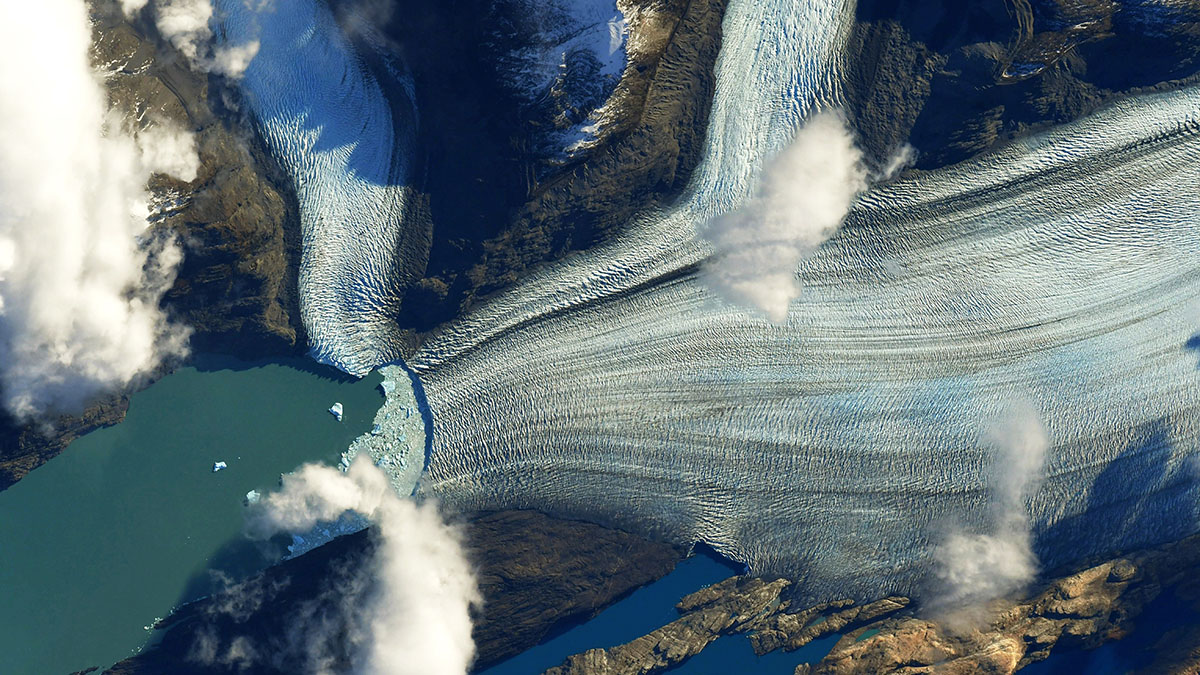HERE’S HOW TO DO IT.
Words matter: How to use them accurately when covering climate change
Finding a proper balance between complexity and simplicity will help journalists not only to inform people but also enrich the climate conversation. In this section, we provide some recommendations on vocabulary and language use for constructive climate coverage.
By Liam Mannix and Mahima Jain
Climate change coverage is replete with complex science, scientific process and new technologies–and hence, jargon and technicalities. Newsrooms have the challenge of communicating in the most simple and understandable way possible. Thus, journalists become translators of a complex language that, nevertheless, must not lose technical precision. Finding a proper balance will help journalists not only to inform people but also to enrich the climate conversation.
To give an example, denialist groups have long pushed the phrase ‘climate change’ because they know it is less threatening than alternatives like ‘global heating’ or ‘climate emergency’, a phrase used by 11,000 scientists in a 2021 open letter. But a news organisation–or individual journalists–may have the hard task of deciding which of the two they should use: climate change or climate emergency or other options.
In this section, we provide some recommendations on vocabulary and language use for constructive climate coverage.
Consider developing a dictionary that fits your newsroom’s and your audiences’ needs
Many newsrooms have style guides, but a dictionary on climate reporting could be more specific by providing definitions and guidance on how to use certain terms. Clarify key concepts such as mitigation, adaptation, phase out, phase down, carbon neutrality, net zero, or loss and damage and include units and terms that will be used repeatedly–such as parts per million. Identify issues pertaining to the local, regional and national audience. Journalists in the newsroom should not have to make individual decisions each time they confront a climate change story.
Ideally, this should be written in the language you report in, especially if it is in a language other than English. In countries that are multilingual, reporting and writing may be in different languages. It is thus important to understand the local use of certain phenomena and experiences related to climate change. For instance, Indian journalists often report and write in more than a dozen languages. However, one common refrain is that locals don’t use the word “climate change” verbatim. Newsrooms should work with journalists and community stakeholders, if required, to understand what is an accurate representation of such communities.
Freelance journalists could create their own dictionaries or co-create ones with other colleagues. To get started, the UNDP offers a climate dictionary, available in multiple languages.
Climate literacy for the newsroom
Climate change-related vocabulary is ever expanding – carbon markets, climate neutrality, and several other terms that cut across economic and political beats – need to be updated and shared regularly across the newsroom.
Training for the newsroom staff – from copy editors to senior reporters – can cover the basics of climate change vocabulary as well as open avenues for identifying climate change stories in their respective beats.
While it is essential to report on climate impacts, a single-minded focus on them can skew the coverage towards too much negativity and as a consequence drive audiences into the avoidance of climate news. It is also important for newsrooms to identify and arrive at a constructive and forward-looking language for covering climate stories to convey a sense of hope instead of just despair.
For example, climate change and global warming are not interchangeable. These terms have slightly different meanings. “Climate change” refers to long-term shifts in temperature, precipitation, and other climate patterns, while “global warming” specifically describes the increase in Earth’s average surface temperature. Use these terms accurately based on the context.
Navigating a climate sceptic audience
Some newsrooms that target conservative or sceptical audiences find the phrase ‘climate change’ can be a mental barrier to their audience. They opt to simply write about how hot or variable the weather has been lately – something audiences of any ideological stripe can engage with. They report about “all the symptoms” of the climate crisis, like extreme heat or marine heatwaves, without using the phrase ‘climate change’. For example, The Weather Group focuses on mentioning ‘clean air’ and ‘clean water’ as positive prospects of climate action, while some weather presenters in Australia have started presenting evidence of changing weather patterns without using the phrase ‘climate change’.
Stories that work: Why Aussie Summer Nights are Getting Hotter – a story told by News Corp in Australia, without mentioning climate change. This story cut through with the audience without mentioning the climate crisis. “If climate change is a barrier for readers, we need to get around that. It’s not to deny it, but I just won’t throw up that word.”
Be careful of language greenwashing
In the heat of the day journalists often adopt phrases or words used by those who intend to hide something. Natural gas, for example, is not a clean fuel like many companies would have you believe. It is non-renewable, derived from fossil fuels, and releases CO2 (and methane) into the atmosphere = hardly ‘natural’. Perhaps a more effective term would be fossil gas. The same goes for natural disasters. If they are caused, or made worse by, human action. You can read more in guideline recommendations on Greenwashing.
Be wary of emotional, polarising language
Polarisation occurs when opposing groups in society start to hold each other in contempt; it makes effective debate and finding solutions very difficult. When readers are polarised, they tend to trust the views of their politicians, not independent scientists. The study finds that over time, scientists are quoted less in the climate crisis stories and politicians are quoted more. A paper published in Research and Politics in 2023 found anger to be particularly polarising; yet liberal audiences are especially prone to viewing others who disagree with them with anger and contempt.
We recommend using language that brings people together to find solutions to common problems, rather than driving them apart or blaming one side.You can read a good primer on the science of polarising language from Professor Robert Danisch at The Conversation.
Make numbers relatable
Communicate complexities such as numbers, equations, quantities in a relatable way. From comparing the size of a microbe to a grain of sand, to visualising plastic waste as football fields–it could be easy if these can be compared to something people have an idea of. Offer visuals, and provide charts, graphs, or images that can help illustrate the research findings. Visuals can make science more engaging.
For instance, a scientist working on carbon and plastics, noted that the annual production of plastics is about the same as the estimated weight of the total human population of 8 billion people. This, when visualised, corresponds to a giant human meatball in the centre of New York city, as this Reddit user showed.
Small actions in our daily lives like throwing away a coffee cup don’t feel like they matter. Try applying the scale lens in your reporting. If you do that every day, and everyone in your country does it … it can really add up! The ABC’s War on Waste chose to fill an entire tram with 50,000 coffee cups – how many the city disposes of every 30 minutes – and drove it around the city for a day.
Convey agency
Consider how language frames your case studies. Is climate change happening to your protagonists, or are they interacting with and responding to climate change? The media often features people who are harmed by climate change as victims. However, people have agency even when faced with the worst climate disasters. Many are trying to solve the problems and tackle the challenges they encounter, be they socioeconomic or material. Individuals will bear the brunt of adapting to the climate crisis, not governments. Give them agency by including their voices and their resilience in your stories. For example, local Kenyan media has reported on families now requesting water tanks in wedding dowries – a local response to the growing water shortages the country faces.
Respect your audiences’ intelligence
One of the most tired tropes in journalism is ‘write as though your readers are 10 years old’. This does readers a disservice. Audiences are intelligent, and deserve content that is more detailed than what they can get on social media for free. Respect this intelligence and use your reporting to improve climate literacy. Write about complex, scientific topics explaining them clearly. Explain what a piece of jargon, or an acronym, means. Audience research clearly shows they look to us to educate them.
Menu



